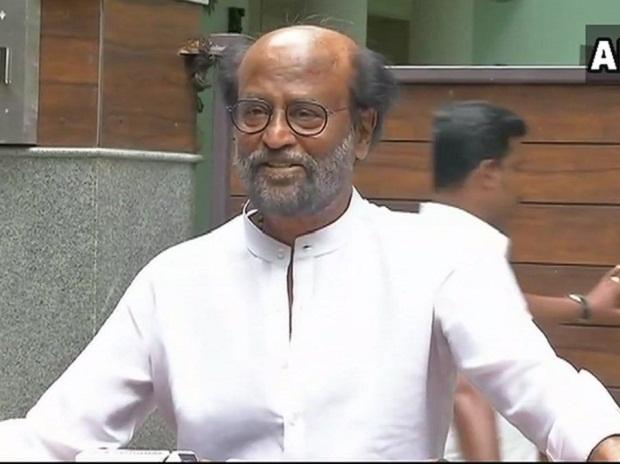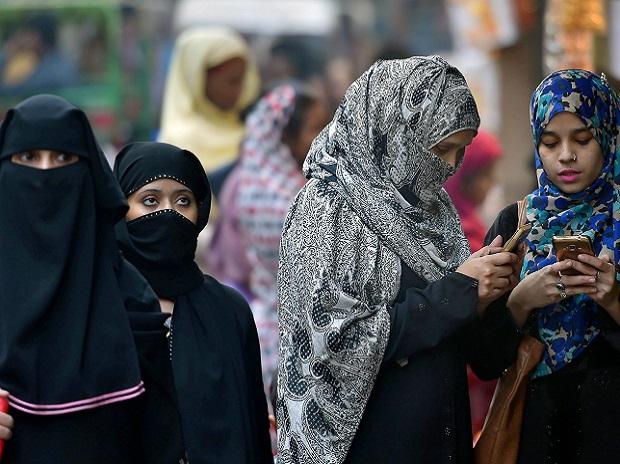Supporters claim the actor has been saving his energies for the 2021 state assembly elections, but many others see Rajinikanth as being a non-starter as a politician
Released last week, the trailer of Petta – Rajinikanth ’s next film in the offing – offers the quintessential Rajini fan a sense of deja vu. This was the Rajinikanth that many grew up slavering over. Forty-three years ago, in 1975, Rajinikanth threw open iron gates in a small scene in Apoorva Raagangal – which had Kamal Haasan as the hero – to walk into the Tamil socio-cultural space. Petta, in the trailer of which he opens a similar iron gate with the same swagger, is a reminder of how the phenomenon called Rajinikanth has grown over four decades to cast a lasting influence on Tamil cinema.
It was also a reminder of how Rajinikanth was a natural actor, though still a reluctant politician.
On December 31, 2017, Rajinikanth announced his intention to form a political party. That put to an end over two-decade-long ‘will-he, won’t-he’ suspense.
In 1996, Rajinikanth made his political aspirations apparent when he threw his weight behind the DMK-TMC (Tamil Maanila Congress – a breakaway group of Congress led by G.K. Moopanar) alliance and gave what later came to be famously known as the ‘Rajini voice’ against J. Jayalalithaa. Riding fresh on the phenomenal success of his 1995 film Baasha – where he reluctantly turns a don to avenge the murder of his friend and to save innocent people from ‘villainous’ dons – Rajinikanth raised hopes among his fans of doing a real-life Baasha.
Since then, for over two decades, Rajinikanth has evaded that existential question, often telling his fans and media how he hadn’t yet got the ‘signal from God’ to take the plunge. Read More





No comments:
Post a Comment